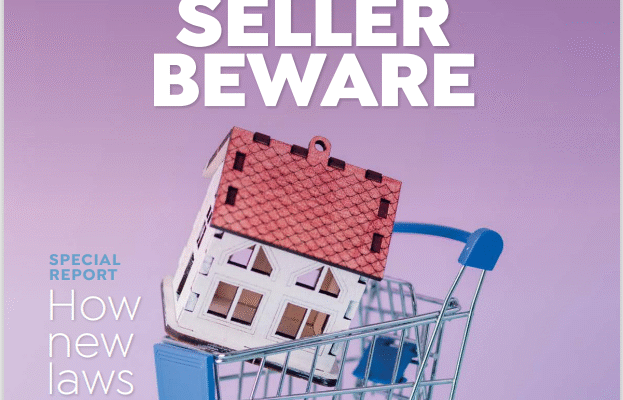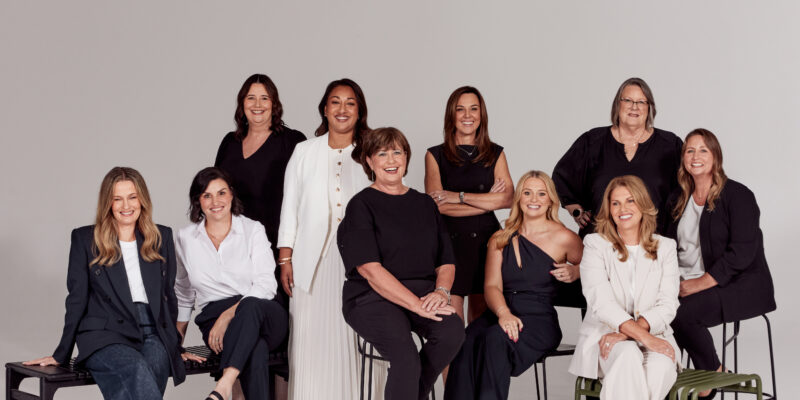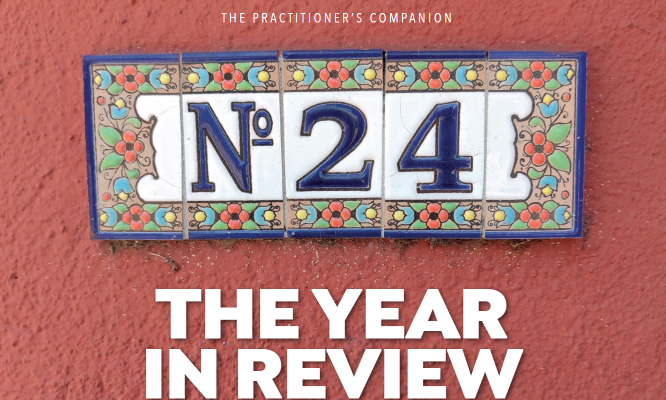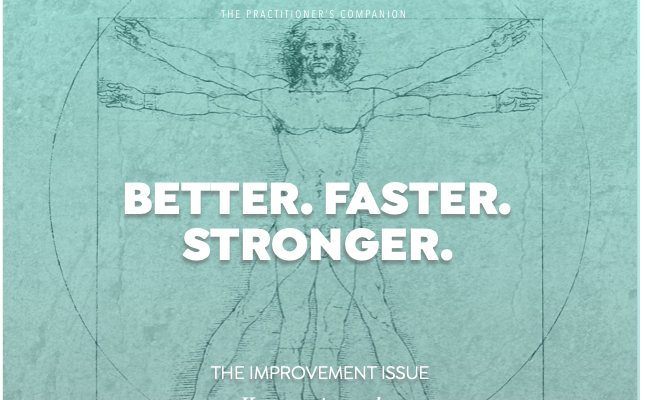Federal assistance on offer
The First Home Guarantee is invaluable as it allows eligible buyers to purchase a property with as little as a 5% deposit.
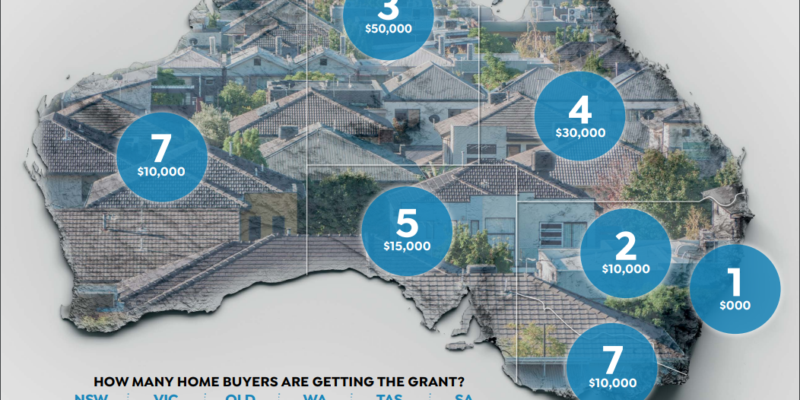
OUTSIDE of NSW, the major federal incentive for first home buyers is the Home Guarantee Scheme – an initiative administered by Housing Australia, a public entity set up in 2018 to deliver social and affordable housing, and to assist first home buyers.
A stream in the program – the First Home Guarantee – helps eligible first home buyers across the country get into the market with a deposit as low as 5%. It has helped more than 100,000 people into a home since May 2022, the federal government says.
The catch, though, is that places are very limited, with just 35,000 spots available nationwide in the financial year 2024-25. There are also property price caps which come in at under $1 million across the country. NSW has the highest cap at $900,000.
Steven Tropoulos, managing director of Highfield Private, a Sydney-based financial services firm specialising in property strategy, is a fan of the federal program, in the context that “first-time homeownership remains challenging for many Australians”.
“At a federal level, the First Home Guarantee is invaluable, allowing eligible buyers to purchase a property with as little as a 5% deposit, bypassing lender’s mortgage insurance,” Tropoulos says.

Steven Troupoulos
He also points to the federal government’s First Home Super Saver Scheme, which he says “enables potential buyers to make voluntary contributions to their superannuation fund, helping them save for a deposit faster due to tax benefits”.
The scheme allows first home hunters to make personal voluntary contributions into their super fund to help save for a first home. These contributions are taxed at 15%, usually less than a participant’s marginal income tax rate. Assessable amounts also get a 30% tax offset.
Victoria, Queensland back buyers
Otherwise, Tropoulos notes that “Victoria and Queensland offer stamp duty exemptions for properties below specific thresholds”.
“State-level initiatives vary, but many states provide stamp duty concessions or exemptions,” he adds.
In Victoria, on shared equity, the state government will pay up to 25% of the purchase price in exchange for an equivalent share in the property if a buyer has a 5% deposit. Meanwhile, stamp duty has been abolished for first home buyer purchasing houses under $600,000.
In Queensland, the most-hyped assistance is the first home owner grant, which gives eligible buyers $15,000 or $30,000 towards buying or building a new home in the state.
Western Australia, South Australia and Tasmania also offer state-based assistance, mostly in the form of one-off grants to first home buyers.
“To maximise these opportunities, I advise first-time buyers to thoroughly assess their eligibility for both federal and state incentives,” Tropoulos says. “Setting realistic goals and obtaining pre-approval can also be advantageous, ensuring they are financially prepared when the right property becomes available.”
